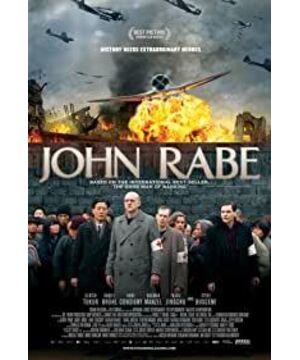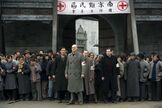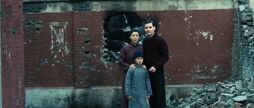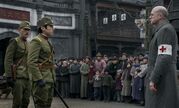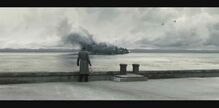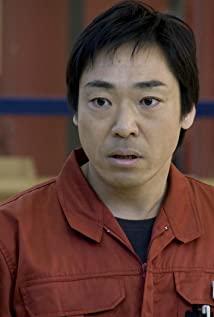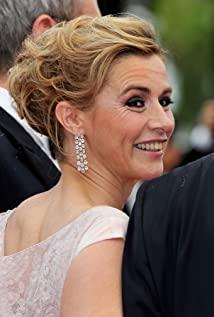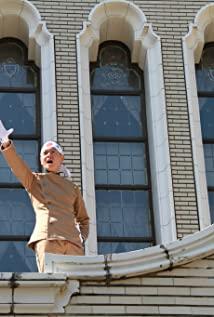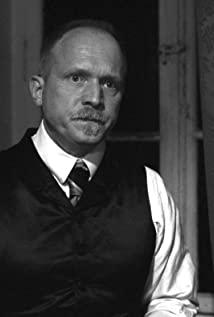The domestic version is 134 minutes long, and it is said that there is also a TV movie version of more than five hours, which will be broadcast on the CCTV movie channel in the future. After watching the film for more than two hours, I would like to see the five-hour version, because this public release version somewhat disappointed me.
Whether it is cut or not is not the most important issue, the important thing is that this film, which is criticized as "Chinese version of Schindler's List", is not as profound as "Schindler's List", and Mr. Rabe is in the film. He had lost the spirit he had in that thick diary.
So, I once again experienced the untrustworthiness of film reviews in the promotion stage of the film. The domestic mainstream media gave such a high evaluation to such a film. I don’t know if the film critics and editors missed it, or because the general demand for art in this era has decreased, or because of the historical wounds of a nation like Nanjing 1937. I dare not speak the truth.
What is beyond reproach is the performance of several main actors. Whether it's Ulrich Tull (Rabe), Daniel Bruch (Dr. Rosen), Steve Buchemi (Dr. Wilson), or Teruyuki Kagawa (Prince Hatohiko Asaka), their performances It's all remarkable, and that's the main reason why this movie keeps me watching. And the biggest highlight of this film is not actually Mr. Rabe, but the appearance of Prince Asaka Miyagihiko. The appearance of this character is really a breakthrough in the film about the Nanjing Massacre. So it goes one level deeper.
Of course, if you hadn't read the 580-page book "Rabe's Diary", this movie can still be regarded as a good movie. However, if you have read Rabe Diaries, you will find that this Sino-German-French co-production is clearly Hollywoodized. When the director of the film does not hesitate to change the truth of historical details to create a moving, you will find that Mr. Rabe has been drained of energy and turned into an idea symbol, although the director tried to paint this with some humanized colors. The symbol is pale, but after all, Mr. Rabe in the film is no longer the Mr. Rabe in the diary, and even his motive for staying in Nanjing to serve as the chairman of the International Committee of the Safe Zone was made between him and Dr. Wilson by the director. a prank.
For this film, the domestic mainstream media's film reviews are almost overwhelmingly applauded, but it is worth noting that many film critics did not actually make much evaluation of the film itself, but aimed at the historical events themselves, as well as on Mr. Rabe. Evaluation of "political correctness".
Mr. Rabe's efforts in Nanjing in those years are certainly worthy of praise, praise and memory. If one insists on comparing Mr. Rabe and Schindler together, I personally think that Mr. Rabe is better than Schindler even if the factor of national sentiment is removed, even if the unnecessary quantitative factor such as the number of people saved is ignored. Le to be a lot greater.
However, the real Mr. Rabe is in his diary, and the one in the movie is at best two or three times the size of the "living Buddha". Mr. Rabe's experience is undoubtedly a good subject and can undoubtedly be written into a good story, however, the subject is wasted. The five-hour TV movie version has not yet been drawn, but judging from the two-hour version currently released, the director Gallenberger really lacks grasp of this historical theme. Although Gallenberger, who is said to be born in 1972, is regarded as Germany's most promising director, judging from the film "Rabe Diaries", he still has a long way to go. And his "Rabe Diaries" will not become a classic like Spielberg's "Schindler's List". To put it harshly, it can only be regarded as a study.
Or read the thick Diary of Rabe, or watch the American documentary "NANKING".
View more about John Rabe reviews


